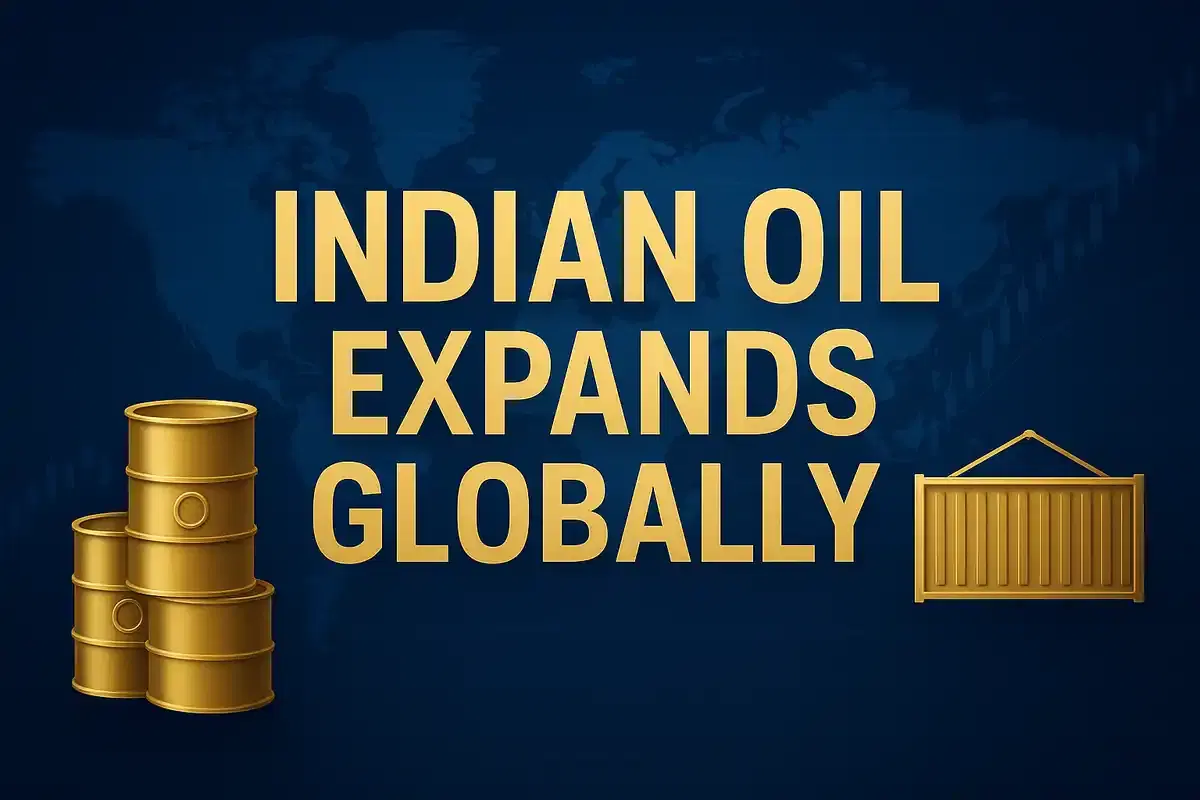Indian Oil to Form Joint Venture with Global Trader Vitol for International Expansion
Energy
|
29th October 2025, 6:58 AM

▶
Stocks Mentioned :
Short Description :
Detailed Coverage :
Indian Oil Corporation, India's largest refiner, is set to form a joint venture with Vitol, a major global oil trader, in early 2025. The new entity will be based in Singapore and is expected to operate for five to seven years, with an exit clause for both partners. This partnership signifies a strategic shift for Indian Oil, enabling it to move beyond domestic refining and become a significant player in international crude and fuel trading, mirroring strategies of global oil giants like Exxon Mobil and Shell. The venture will help Indian Oil reduce crude procurement expenses from spot markets and boost margins by accessing new buyers. For Vitol, the deal strengthens its position in India, a key oil consumer and developing refining hub. India aims to significantly increase its refining capacity by 2030, positioning itself as a global refining center. Indian Oil previously explored partnerships with other firms like BP, Trafigura, and TotalEnergies before settling on Vitol.
Impact: This joint venture is expected to significantly boost Indian Oil Corporation's international trading capabilities, potentially leading to better cost efficiencies, improved margins, and expanded market share in global fuel markets. It also strengthens Vitol's foothold in India, aligning with the country's ambition to be a global refining hub. This strategic alliance could set precedents for other Indian energy companies looking to expand globally. Rating: 8/10
Difficult Terms: Joint Venture: A business agreement in which two or more companies combine their resources for a specific project or activity. International Crude and Fuel Trading: The buying and selling of crude oil and refined fuel products across different countries. Spot Markets: Markets where commodities like oil are bought and sold for immediate delivery. Refining Capacity: The maximum amount of crude oil that a refinery can process into finished products over a given period. Global Refining Hub: A region that serves as a major center for processing crude oil into refined products for global distribution. Distribution Channels: The pathways through which products are moved from the producer to the end consumer.